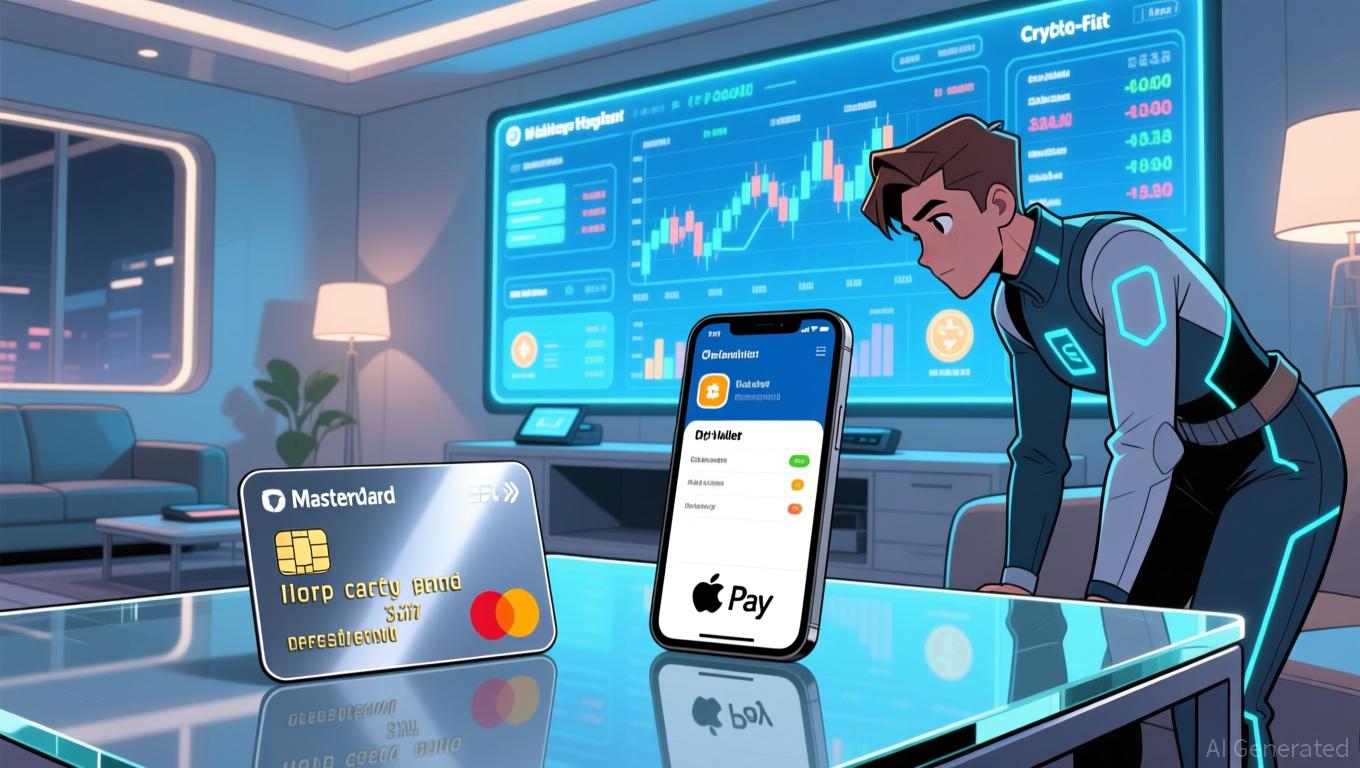Brazil Sets 2026 Start for New Crypto Regulations
- Main event involves regulatory changes affecting Brazil’s crypto market.
- Implementation date set for February 2026.
- Impacts capital requirements and compliance standards for VASPs.
Brazil’s new cryptocurrency regulations will start in February 2026. These will impact Virtual Asset Service Providers (VASPs) by setting rigorous compliance and capital standards, detailed by late 2025, affecting digital assets like BTC and ETH.
Brazil has announced new cryptocurrency regulations that will come into effect in February 2026, significantly impacting virtual asset service providers (VASPs). These regulations aim to enhance compliance and set new capital requirements.
These new regulations are crucial as they mark a shift in Brazil’s approach to overseeing digital assets, aiming to reinforce investor protection and market stability.
The Central Bank of Brazil’s official, Vivan, has confirmed that “new cryptocurrency regulations will take effect in February 2026.” The rules will affect Virtual Asset Service Providers , requiring them to comply with new standards and capital requirements by late 2025. Nagel Paulino, from the Financial System Regulation Department, emphasized a balance between innovation and risk. These regulations address key financial measures, focusing on institutional compliance with minimum capital requirements. Changes will impact banks, custodians, and brokers with demands varying from R$ 1 million to R$ 3 million. The rules promise enhanced oversight with centralized transaction tracking, which is a significant departure from current industry practices in Brazil.
The introduction of these rules will significantly reshape the Brazilian crypto landscape, affecting compliance costs and operational frameworks. “The changes aim to reinforce consumer protection, require proof of financial capacity, elevate governance and cybersecurity standards, and reduce the risk of new attacks, frauds, and insolvencies.” Market reaction is mixed; while some see it as necessary for maturation, others critique potential restrictions on innovation. There is notable anticipation in markets, as seen with fluctuations in the Ethereum futures market. The impact of Brazil’s move may serve as a precedent for other countries contemplating similar regulation in digital asset sectors. This shift will test industry adaptability ahead of the regulatory framework’s commencement.
Disclaimer: The content of this article solely reflects the author's opinion and does not represent the platform in any capacity. This article is not intended to serve as a reference for making investment decisions.
You may also like
Cardano News Update: EMCD’s Crypto Card Connects Blockchain with Everyday Purchases
- EMCD launched a free crypto payment card enabling USDT spending via Mastercard , Apple Pay, and Google Pay, bridging digital assets to daily transactions. - Competitors like Exodus and Jour Cards introduced similar tools, targeting unbanked populations and expanding crypto utility for iTunes, gift cards, and global remittances. - Stablecoin transaction volumes hit $46 trillion in 2025, with 19% of crypto owners projected to use digital assets for payments by 2026, per eMarketer. - Traditional banks like

Lighter Secures $68 Million to Drive Institutional DeFi Expansion Despite Market Hesitancy
- Lighter secured $68M in a new round led by Founders Fund and Ribbit Capital, valuing it at $1.5B to boost DeFi trading infrastructure. - The funding aligns with a broader crypto VC surge, including Ripple's $500M and Lava's $200M, highlighting institutional interest in blockchain finance. - CEO Vladimir Novakovski emphasized scaling infrastructure with both equity and token subscriptions to enhance institutional-grade trading solutions. - Despite market caution, DeFi protocols like Lighter attract invest
JPMorgan and DBS Establish Unified Cross-Chain Protocol for Institutional Transactions
- JPMorgan and DBS develop blockchain framework for cross-chain tokenized deposit transfers, aiming to set institutional payment standards. - The framework links DBS Token Services with JPMorgan’s Kinexys, enabling 24/7 real-time settlements across public and permissioned blockchains. - It addresses cross-border transaction demands, reducing fragmentation as global banks adopt tokenization. - Overcoming interoperability challenges could redefine institutional liquidity access and market reach.

JPMorgan and DBS Develop Cross-Chain Bridge to Compete with Stablecoin Leaders
- JPMorgan and DBS Bank launch cross-chain framework for real-time tokenized deposit transfers between institutional clients, bypassing traditional payment systems. - The "interoperability highway" enables 24/7 settlements across public/private blockchains while maintaining consistent token value, expanding cross-border transaction capabilities. - As 1/3 of global banks explore tokenized deposits, the partnership challenges stablecoin dominance by offering institutional-grade cross-chain solutions with red